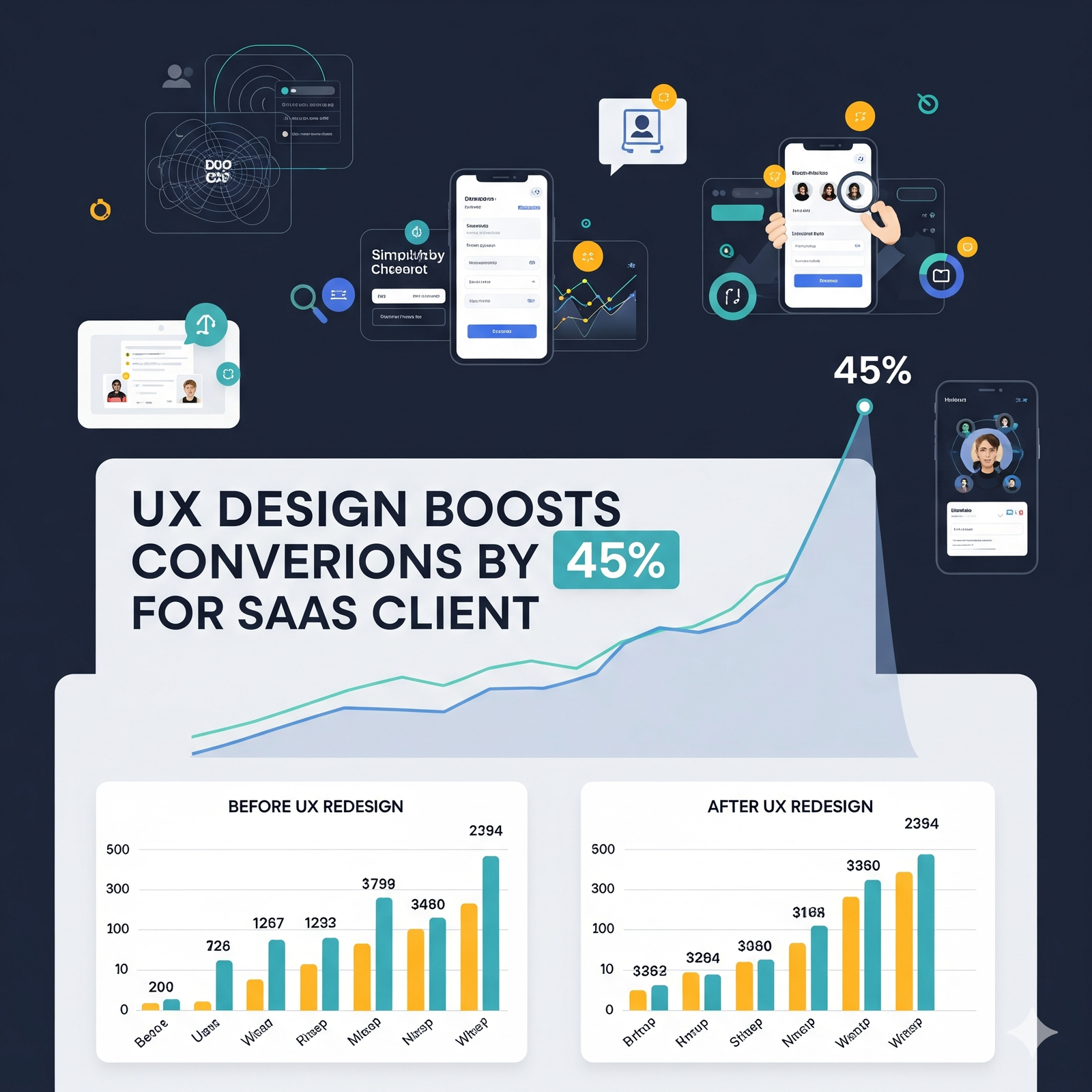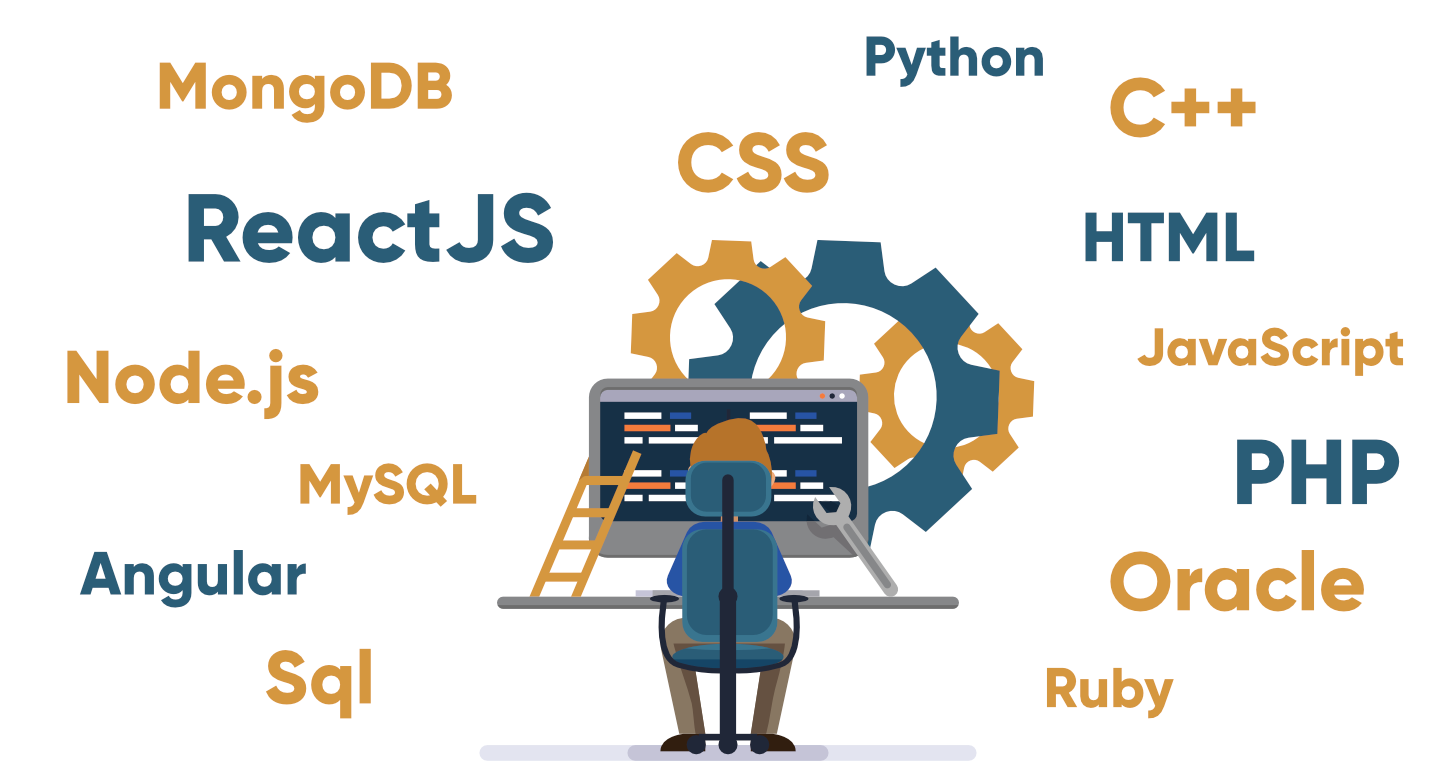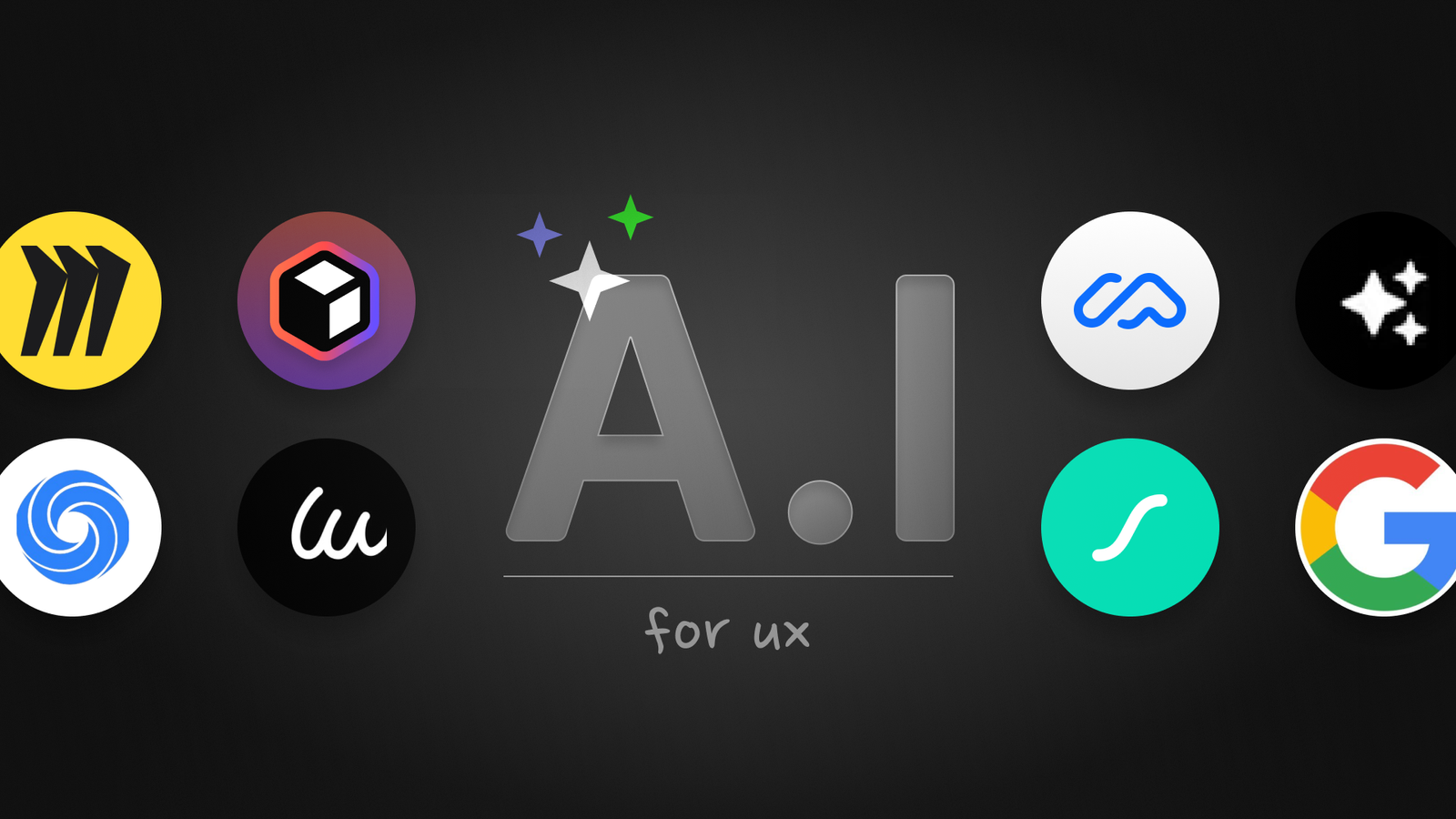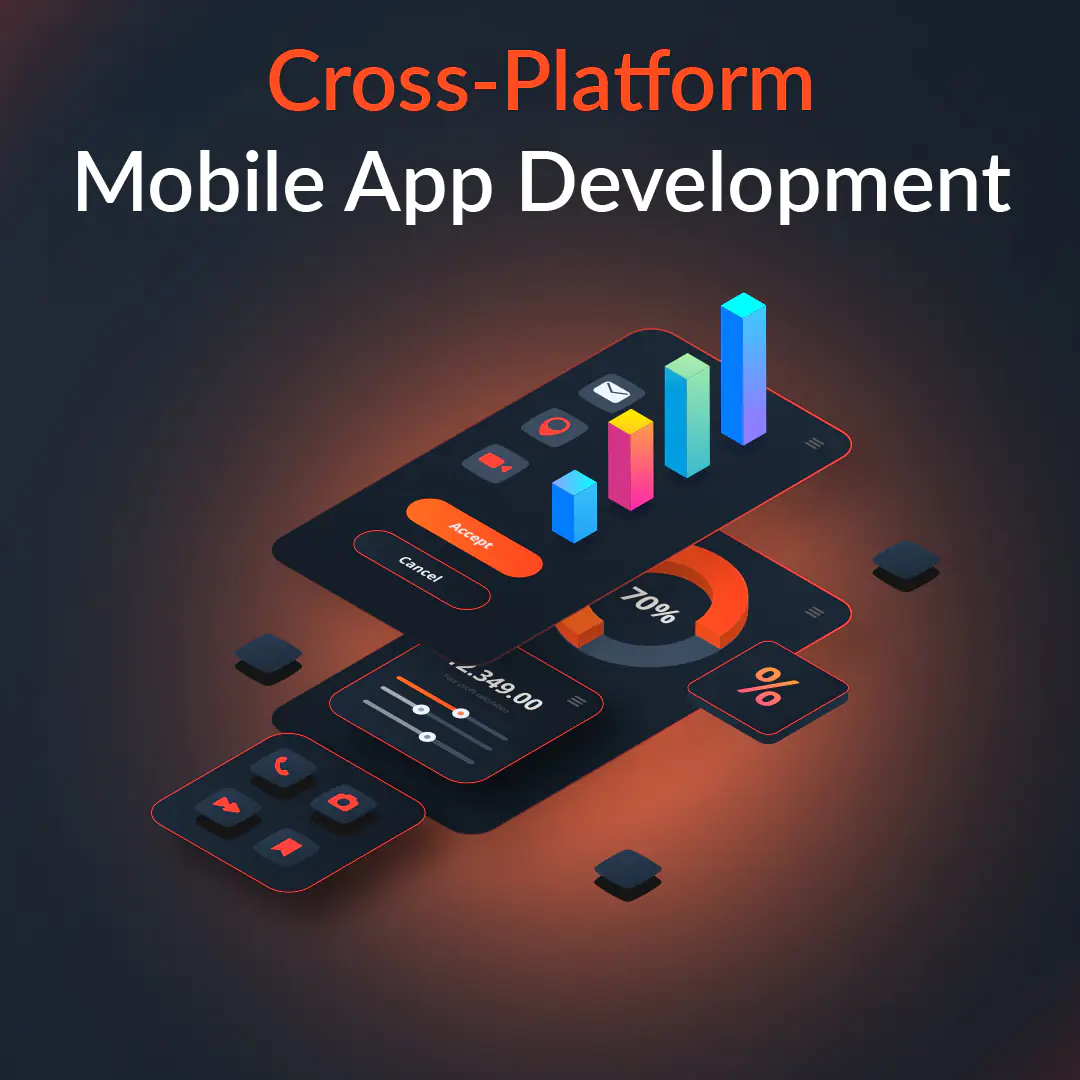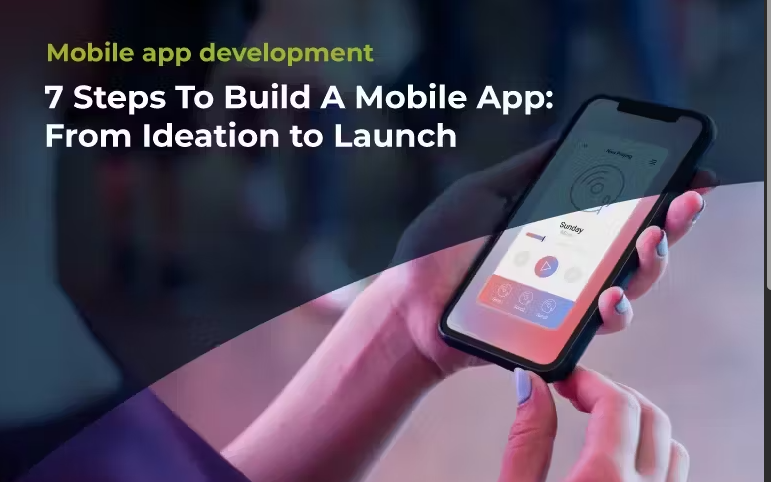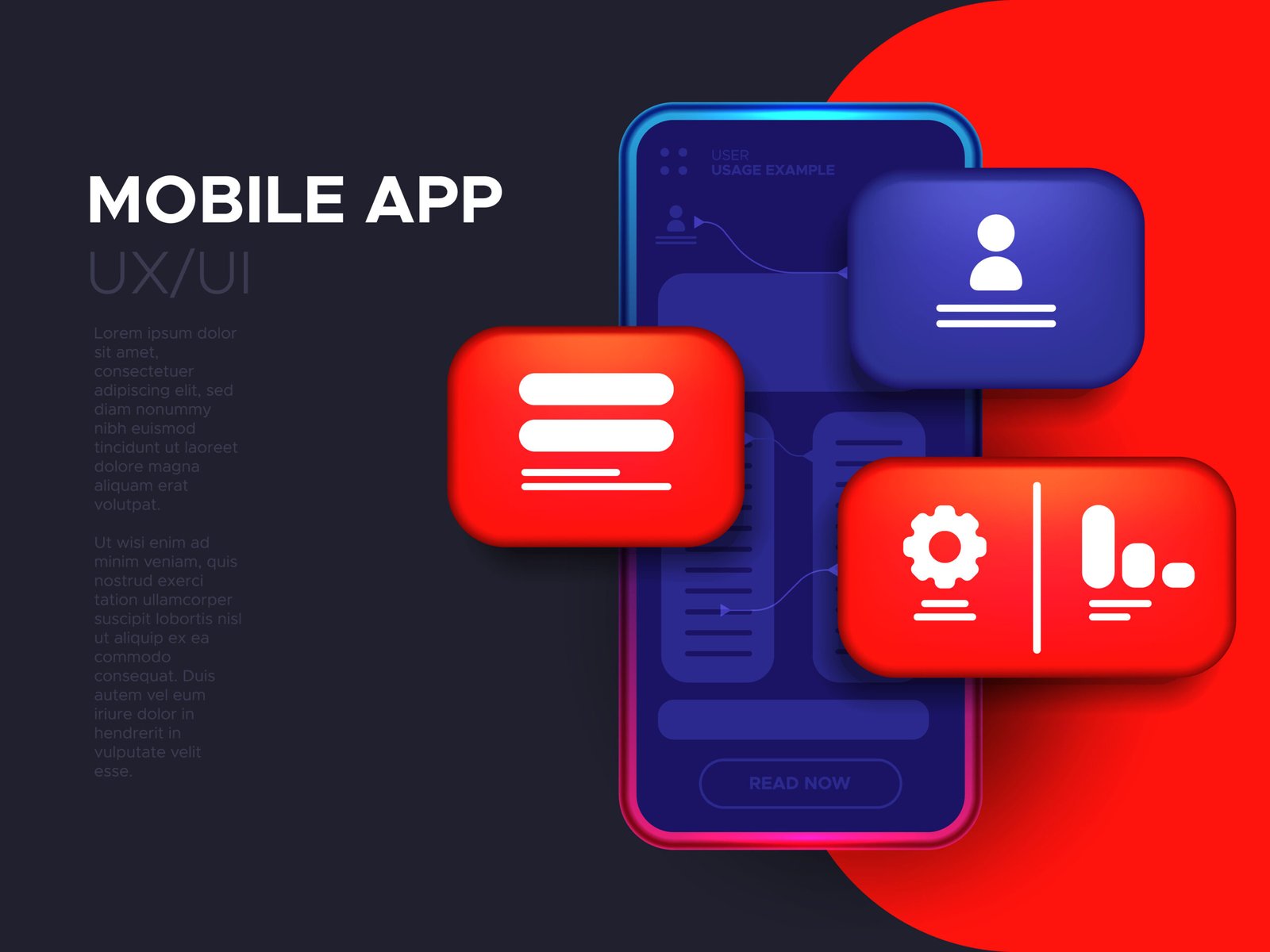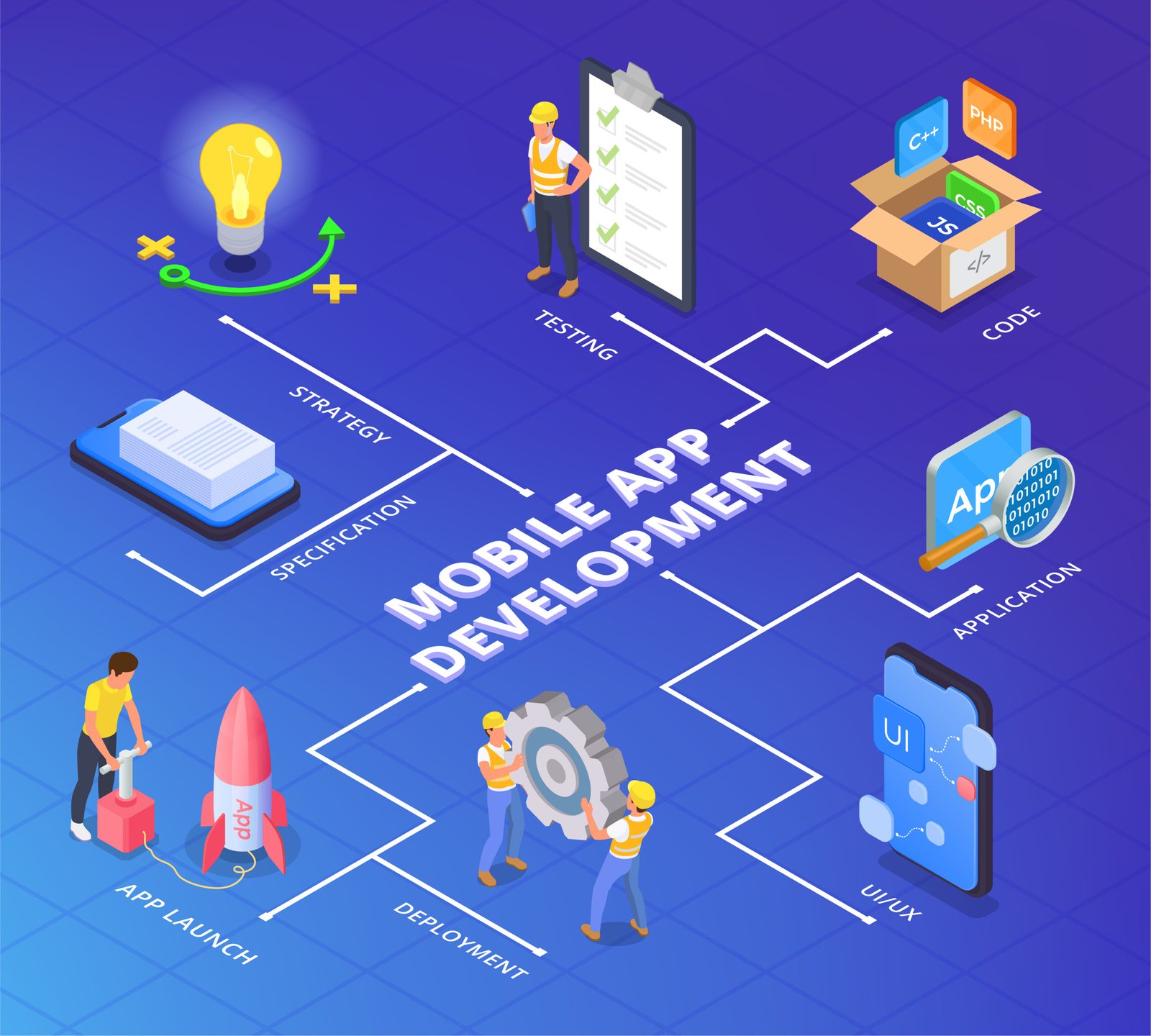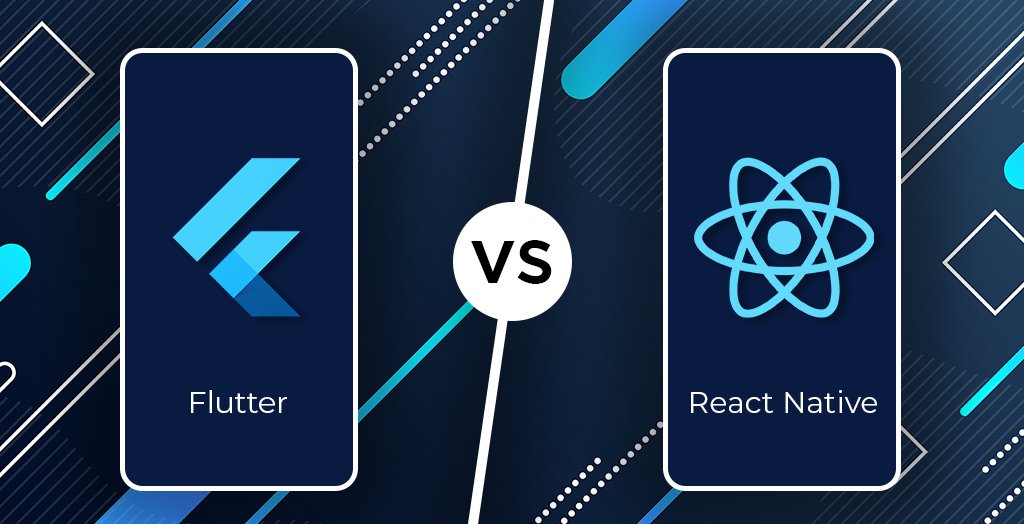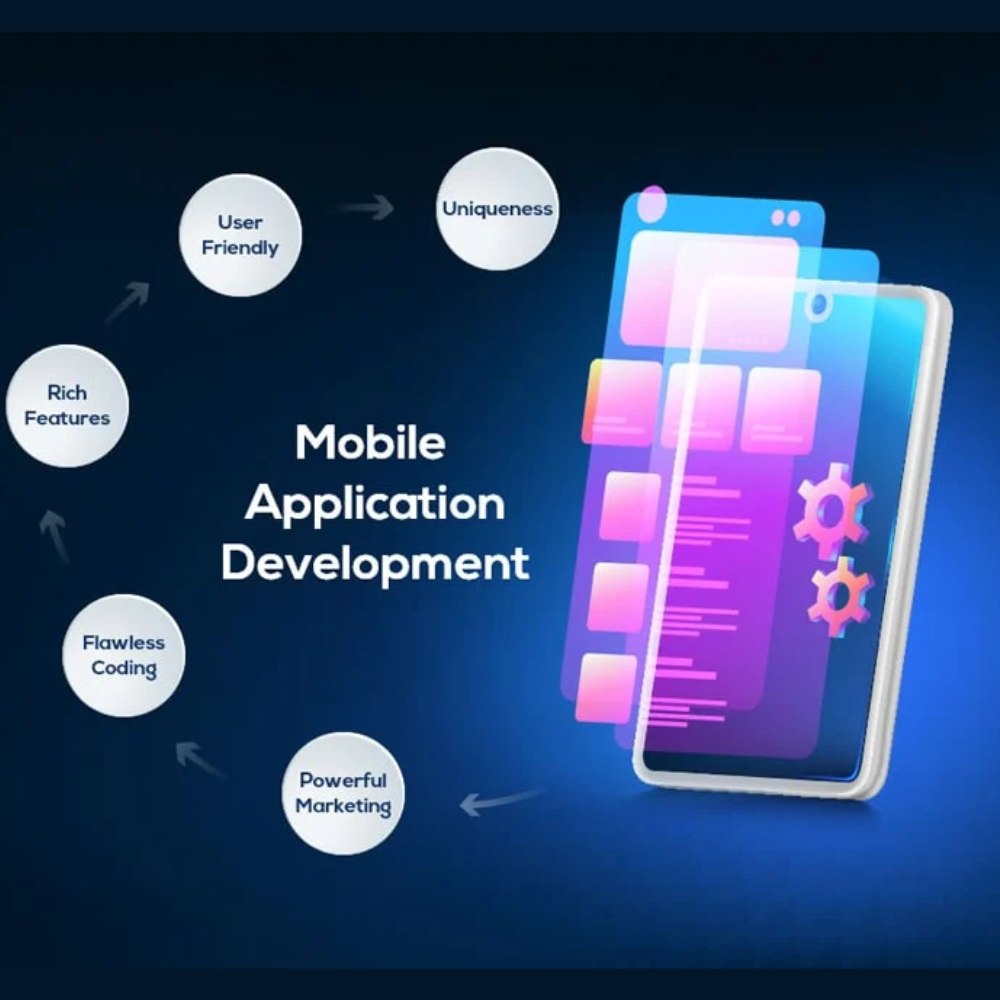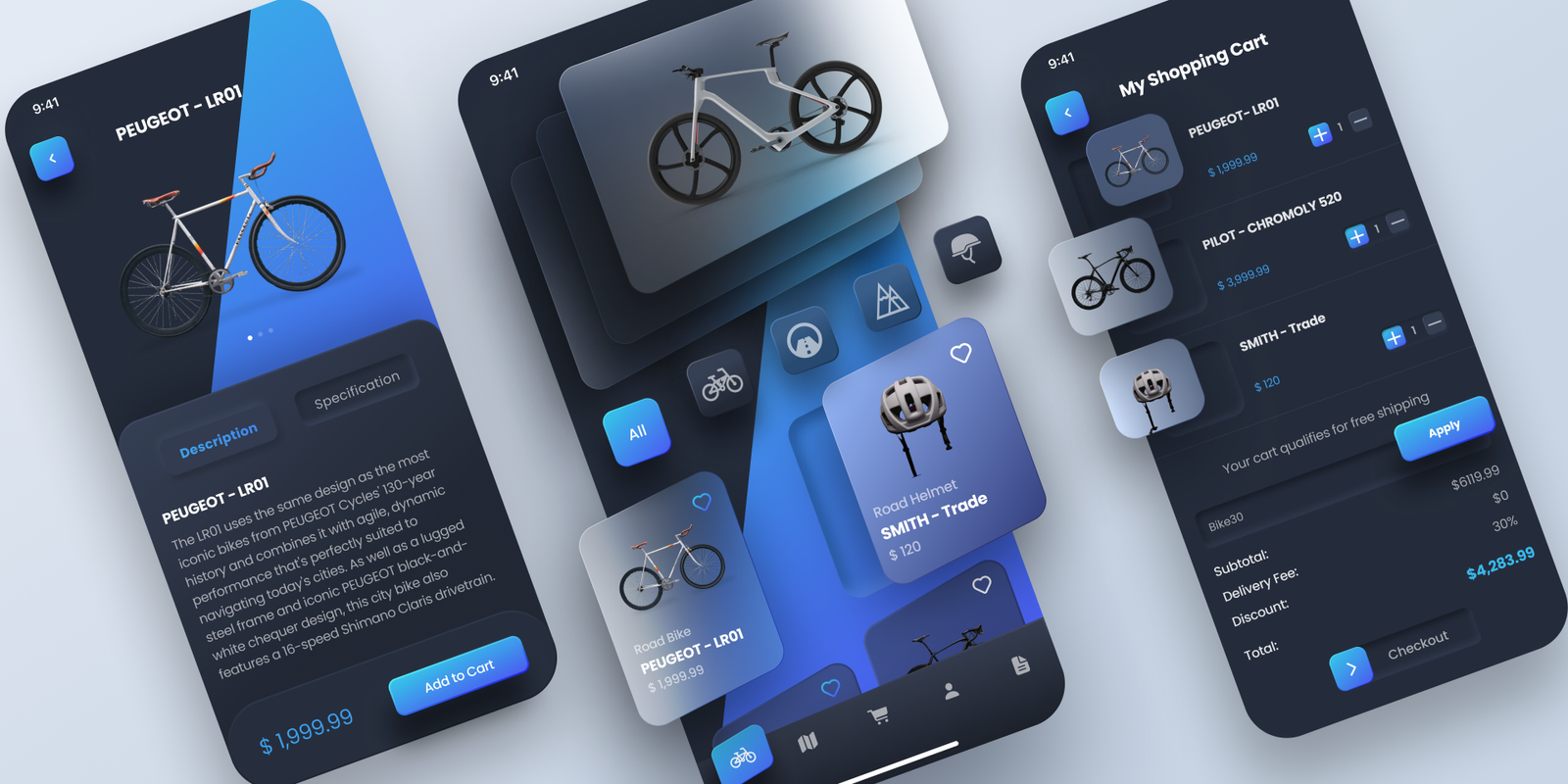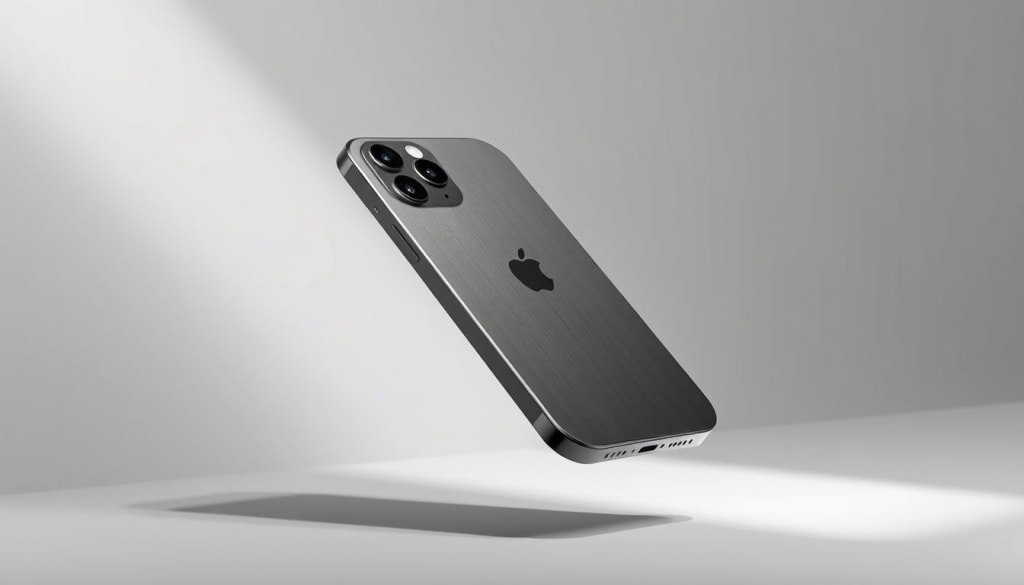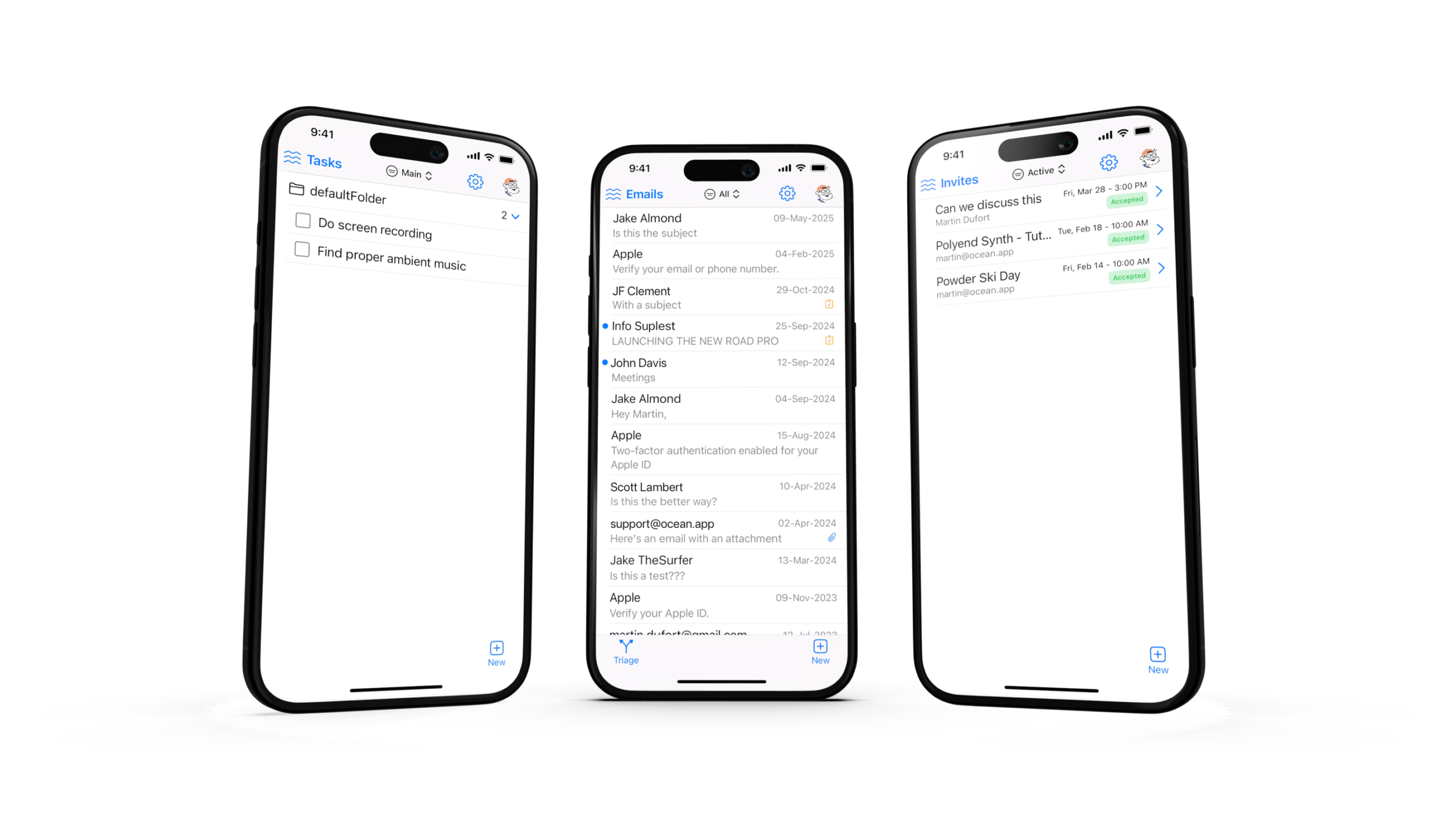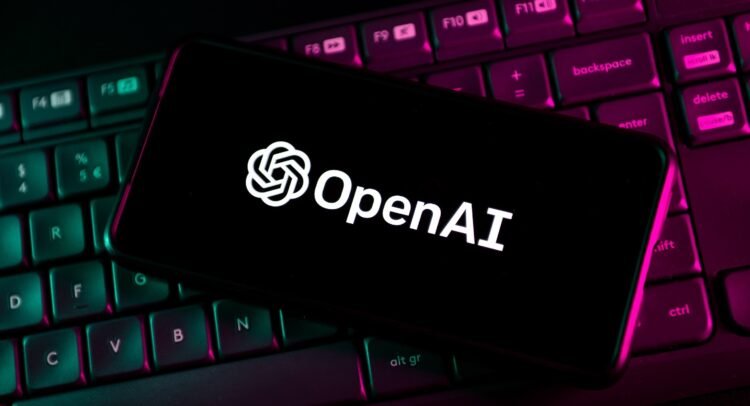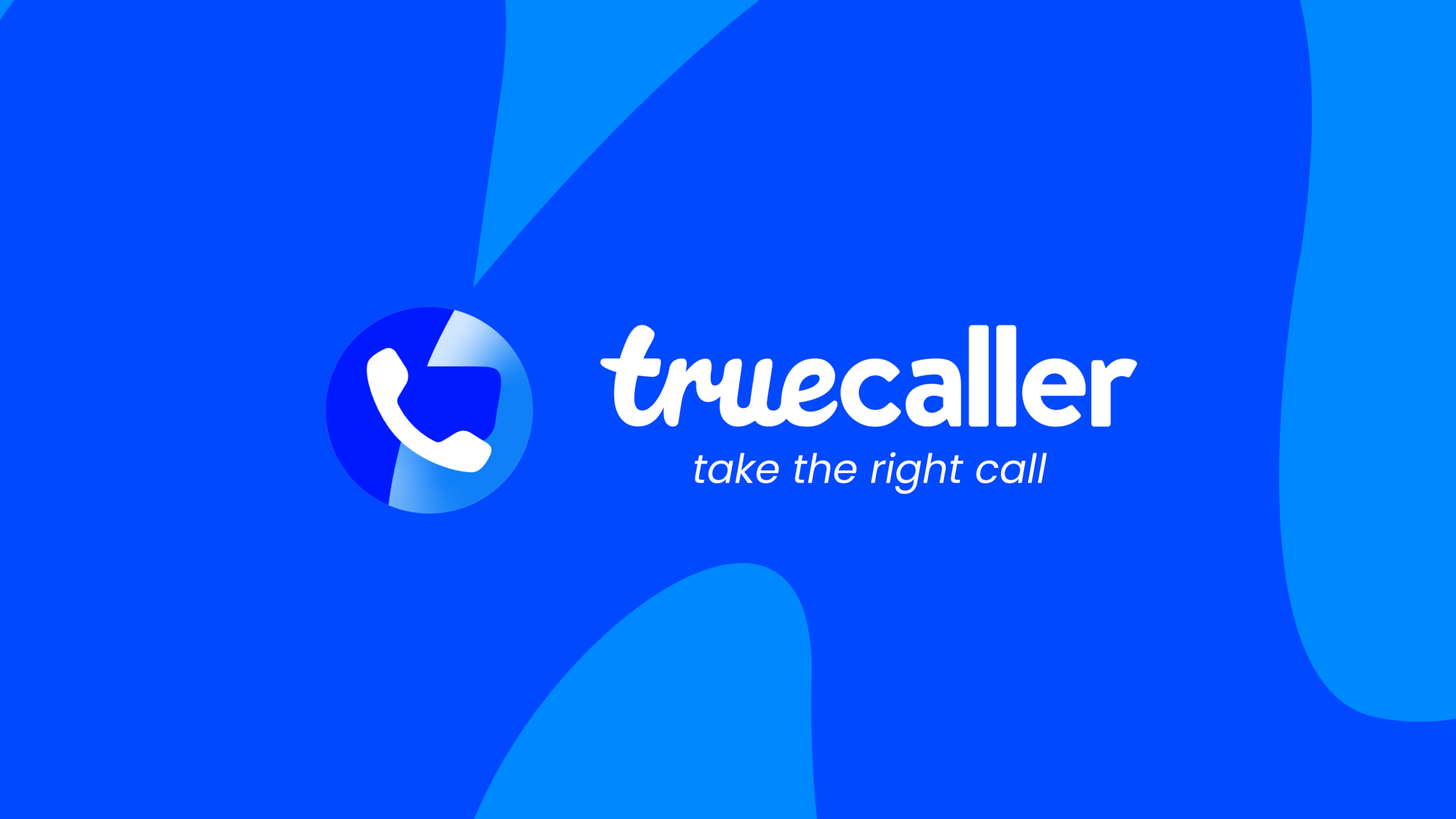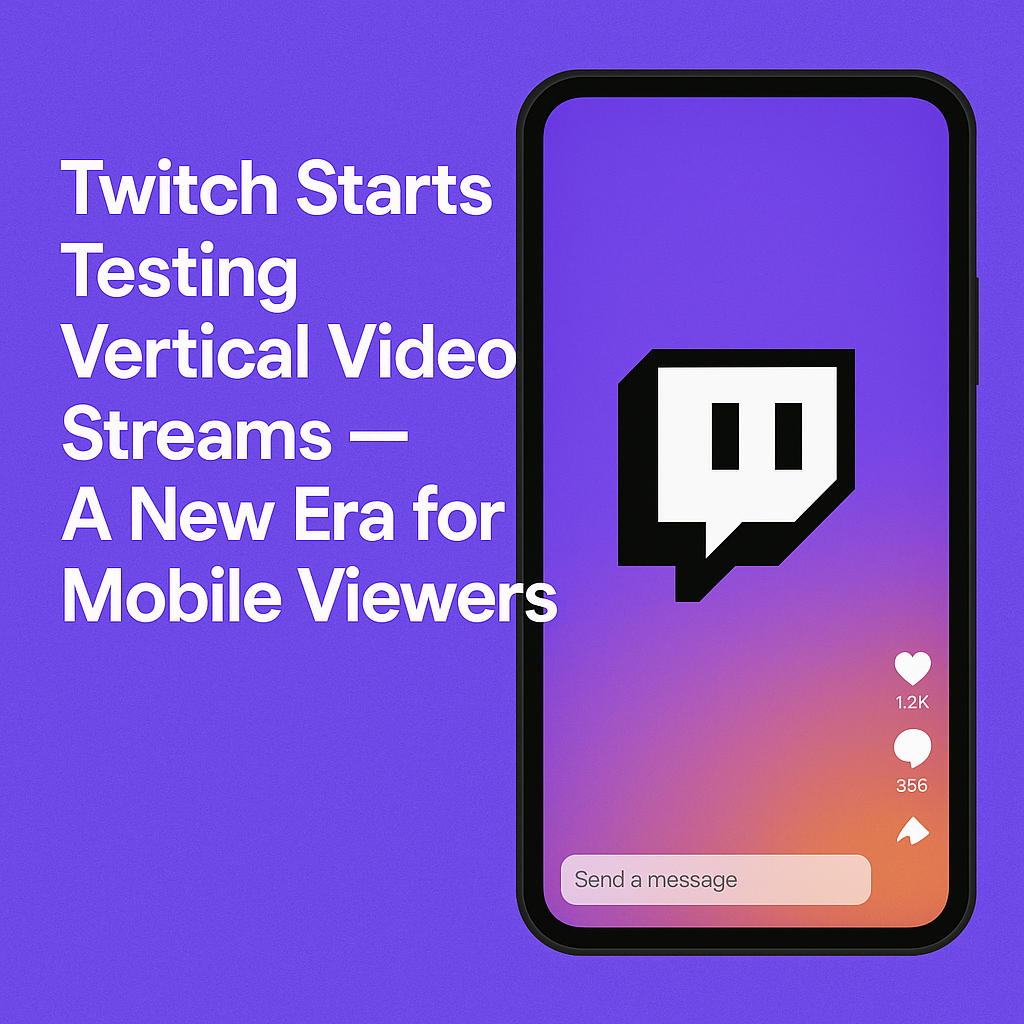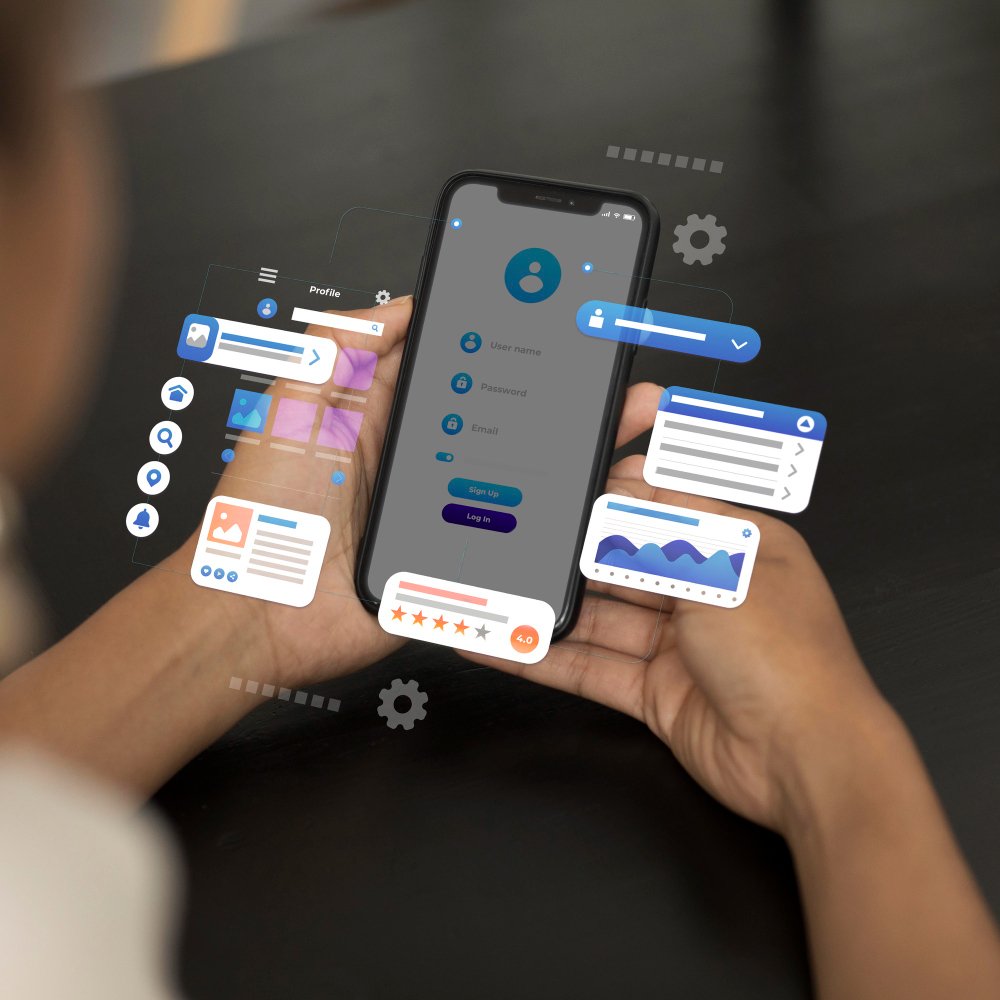In today’s tech-driven world, businesses need to connect with their audience wherever they are. Whether you’re a startup or an established company, the first question while building a digital product is often: Should we build a web app or a mobile app?
Both are powerful tools, but they serve different purposes and have unique advantages. To help you decide, let’s break down the key differences between web apps and mobile apps.
What is a Web App?

A web app is an application that runs on a web browser. It doesn’t need to be downloaded or installed; users can access it instantly through the internet. Web apps are often responsive, meaning they adapt to different screen sizes and work seamlessly across devices.
Examples: Gmail, Trello, Canva, and Google Docs.
Key Features of Web Apps
- Browser-based accessibility Can be used on Chrome, Safari, Firefox, and other browsers.
- Cross-device compatibility Works on desktops, laptops, tablets, and smartphones.
- No installation required Opens instantly via a URL link.
- Internet-dependent Most functions need an active connection, though some modern web apps support offline features.
- Easy updates and maintenance Changes are made centrally, and users always see the latest version.
When to choose a web app If your main goal is wide accessibility, faster development, and lower cost, web apps are a great option.
What is a Mobile App?
A mobile app is a software application created specifically for mobile devices like smartphones and tablets. Users download these apps from platforms like the Google Play Store or Apple App Store.
Examples: Instagram, WhatsApp, Uber, and Spotify.

Key Features of Mobile Apps
- latform-specific development Usually built separately for Android (using Java/Kotlin) and iOS (using Swift).
- Offline access Some apps allow users to perform tasks without the internet.
- Enhanced performance Optimized for speed and device capabilities, offering a smoother user experience.
- Better device integration Can access the camera, GPS, microphone, storage, and send push notifications.
- Higher engagement potential With features like offline functionality and personalization, mobile apps often see stronger user retention.
When to choose a mobile app: If you need deep device integration, offline features, and higher engagement, a mobile app is the right choice.
Web Apps VS Mobile Apps
| Factor | Web Apps | Mobile Apps |
| Platform & Accessibility | Work across all devices via a browser; no download required. | Must be downloaded and installed; built for specific operating systems. |
| Performance | Depend on internet speed and browser capabilities. | Optimized for better speed, responsiveness, and device performance. |
| User Experience | Consistent across devices but with some limitations. | More immersive experience with rich features and deep device access. |
| Development Time & Cost | Generally faster and cheaper to build and maintain. | Requires more investment, especially for separate iOS and Android versions. |
| Updates & Maintenance | Updates happen instantly and are visible to all users. | Updates need submission to app stores and require user downloads. |
| Monetization Options | Revenue via subscriptions, ads, or freemium models. | Can use in-app purchases, ads, subscriptions, and paid downloads. |
| User Engagement | Limited engagement tools; no native push notifications. | Stronger engagement with push notifications, personalization, and location-based services. |
Which One Should You Choose?
Deciding between a web app and a mobile app is not always straightforward. The right choice depends on several factors such as your business goals, target audience, required features, timeline, and budget. Each option comes with its own strengths and limitations, and understanding them will help you make a smarter decision.
When to Choose a Web App
Quick accessibility If you want users to access your product instantly through any browser without downloads.
Lower development cost Ideal for startups or businesses with a limited budget who want to test an idea first.
Easy maintenance Updates are quick and reach all users simultaneously.
Wide reach Perfect if your audience is spread across multiple devices and platforms.
When to Choose a Mobile App
Better performance and speed For businesses that require fast, smooth, and optimized user experiences.
Offline capability If your app needs to function without an internet connection.
Deep device integration Best if you need access to features like camera, GPS, notifications, or sensors.
Higher engagement Push notifications and personalization help retain users and increase interaction.
A Combination Approach
For many businesses, the smartest strategy is to start with a web app to validate the concept, gather feedback, and reach a broad audience quickly. Once the idea gains traction, you can launch a mobile app to deliver a more personalized and feature-rich experience, especially for your most engaged users.
By combining both platforms, you ensure maximum reach, flexibility, and user satisfaction while optimizing costs and development time.
Build Your Next App with UXDLAB
At UXDLAB, we specialize in building high-performing mobile apps and scalable web apps that combine cutting edge technology and user centric design. Whether you need a simple web platform or a feature rich mobile application, our team ensures your idea becomes a reality.
Partner with UXDLab today and take the first step towards building a digital product that stands out.
FAQS
Q. What is the main difference between a web app and a mobile app?
A. A web app runs on a browser and doesn’t require installation, while a mobile app is downloaded and installed on a device and often works offline with deeper device integration.
Q. Which is cheaper to develop – a web app or a mobile app?
A. Generally, a web app is more cost-effective and faster to develop. Mobile apps often require separate builds for Android and iOS, which increases cost and development time.
Q. Can a web app work offline?
A. Most web apps require an internet connection, but modern technologies like Progressive Web Apps (PWAs) allow limited offline functionality.
Q. Which one offers better performance?
A. Mobile apps usually provide better speed, smoother navigation, and richer user experiences because they are optimized for the device and operating system.
Q. Do I need both a web app and a mobile app?
A. It depends on your business goals. Many companies start with a web app to test their concept and later add a mobile app for better engagement and advanced features once they have a strong user base.

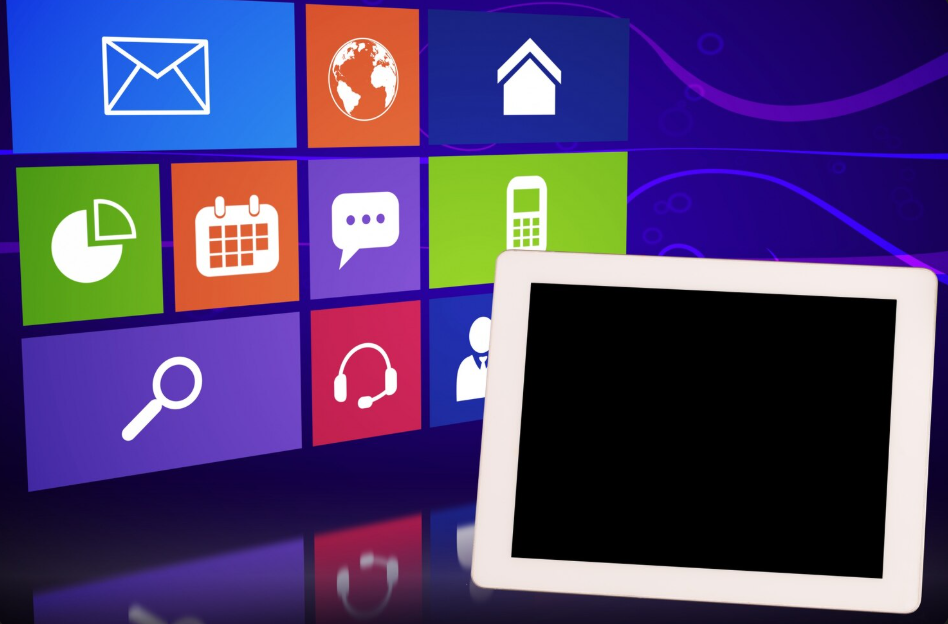

































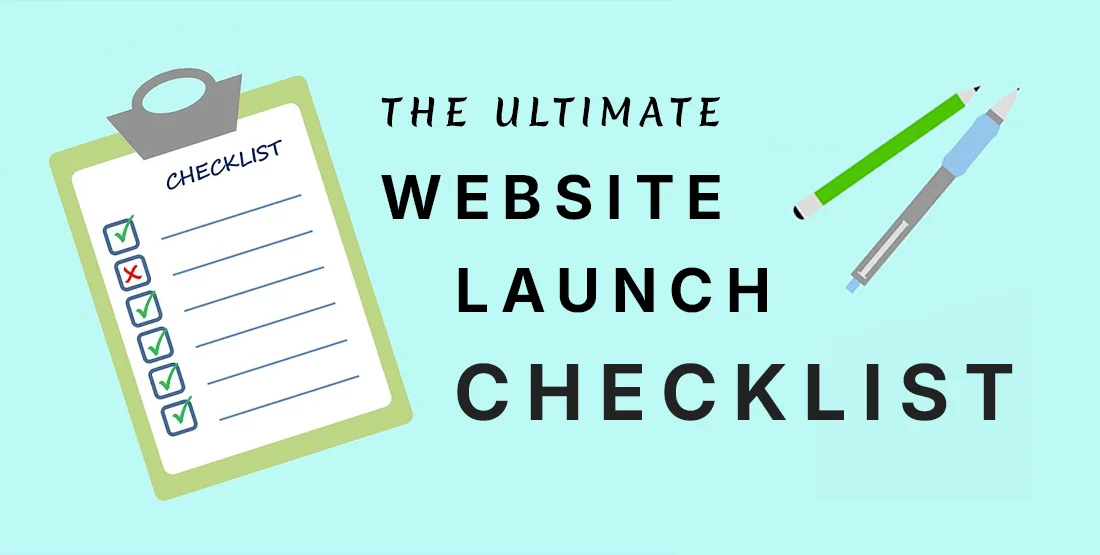
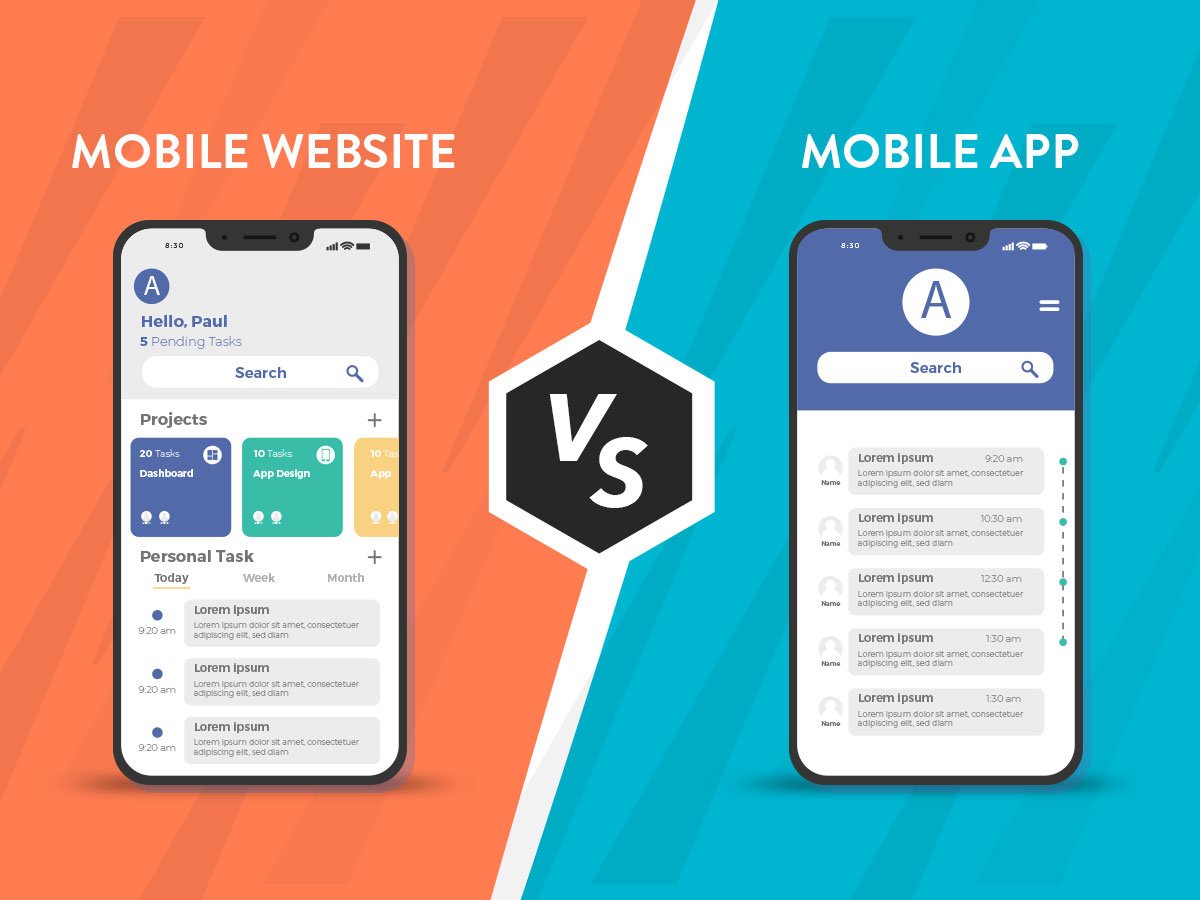

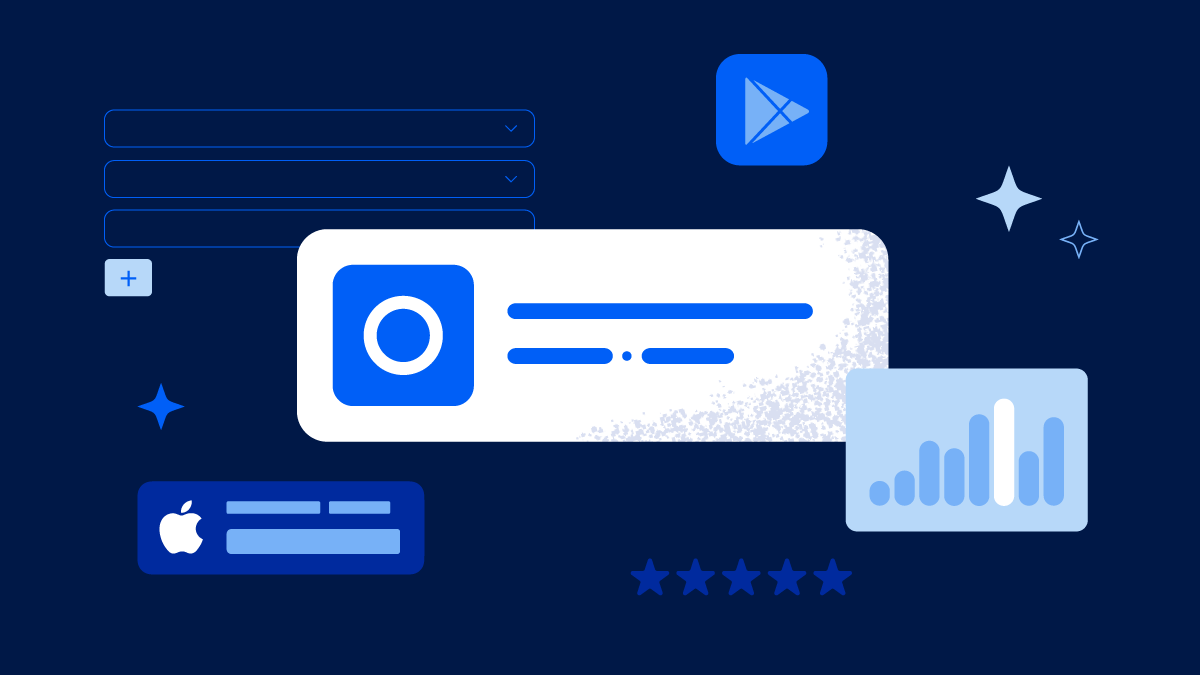



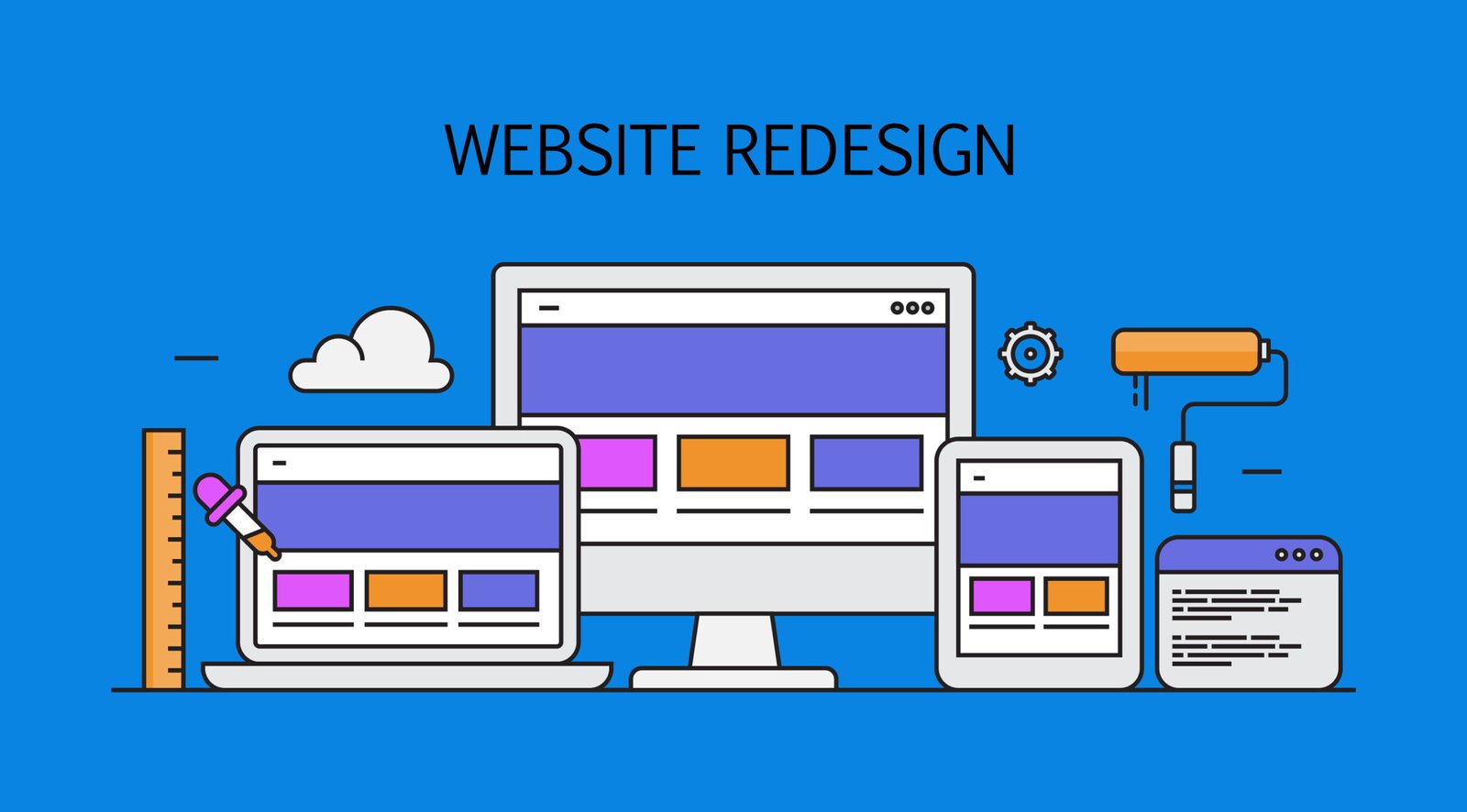
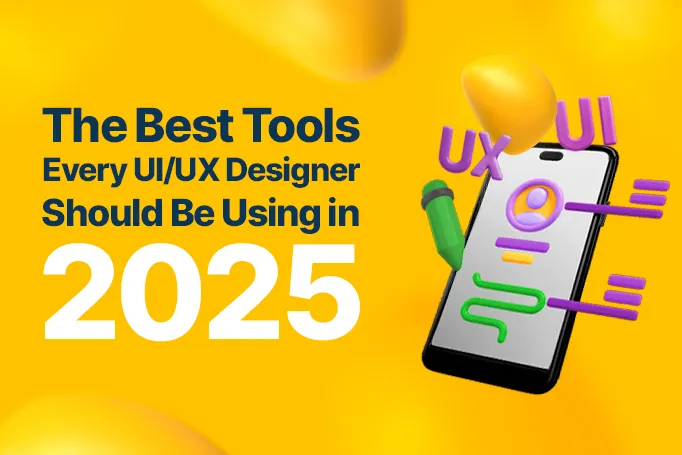
![Case Study: How We Helped [Client] Scale with a Custom Mobile App](https://uxdlab.com/wp-content/uploads/2025/08/case.png)




